Description
|
The aims of the proposed study are to improve (a) early detection of autism spectrum disorders (ASD) and (b) family engagement during the transition to preschool among children in Early Intervention (EI) living within the Circle of Promise (CoP), a geographic zone in Boston targeted for resource mobilization efforts due to high rates of poverty and social risk factors. In addition, we will examine early ASD-specific disparities in service utilization. Rates of ASD are increasing in the U.S., with recent estimates indicating that 1 in every 88 children have ASD (CDC, 2012). Early diagnosis and intervention are crucial to ensuring optimal long-term outcomes (Dawson et.al, 2012; Warren & Stone, 2011). Unfortunately, significant disparities exist in rates and age of diagnosis; children from racial and ethnic minority backgrounds are less likely to be diagnosed (Mandell et al., 2009), and are diagnosed, on average, 1 to 2 years later than White children (Mandell et al., 2002; Shattuck et al., 2009). Delay in diagnosis limits access to autism-specific early treatments (Liptak et al., 2009). Moreover, the disparity is larger for poor children and English language learners (Durkin et al., 2010; Kogan et al., 2009). To address these disparities, we propose implementing routine early multi-stage screening and assessment in EI programs, as screening appears to increase diagnosed ASD cases (Nygren et al., 2012). The proposed study is possible because of a collaboration between the City of Boston, Boston Public Schools, the EI System, and the University of Massachusetts Boston, as well as a shared focus on improving outcomes for children living within the CoP. Health disparities in ASD diagnosis have grave implications for children in the CoP, 98% of whom are children of color. In our first proposed aim, we ask: Can we reduce health disparities in rates and age-at-diagnosis, particularly for children who are poor, English language learners, and/or identify as ethnic/racial minorities (Aim I)? To answer this question, we partner with three CoP-serving EI programs who will implement standardized, empirically validated ASD screening for all clients ages 14-33 months (N = 1670), followed by a diagnostic assessment for children screening positive. A current pilot feasibility study (Martinez-Pedraza, Carter) in EI programs serving high percentages of Spanish speaking families sets the stage for this larger study. High levels of engagement by EI providers in learning the first and second stage screeners lend support to the feasibility of the proposed study. To address whether there are health disparities in service utilization post-diagnosis, we propose to interview 146 parents of diagnosed children quarterly for 1 to 2 years (depending on age at enrollment) to track the nature and frequency of services received, parent satisfaction with services, and barriers and enhancements to service utilization (Aim II). Quarterly interviews will continue 6 months post- transition to preschool at age three to and will assess outcomes including enrollment in pre-K and other special education services. As children transition from EI to the preschool context, family engagement becomes vital to their school success (Peters, et al., 2008). Parents of children with ASD in the CoP face cultural, linguistic, and economic barriers to school engagement (Fantuzzo et al., 2000). In our third aim we ask: Can we increase parent engagement in school by providing brief, cost-effective support for parents of children with ASD (Aim III)? We will conduct a randomized controlled trial (RCT) of a brief, parent-preschool engagement intervention, using motivational interviewing techniques one month preceding children’s transition from EI to preschool (N = 118). We expect that parents assigned to the parent-preschool engagement intervention will identify specific goals for their children’s school experiences, develop skills for collaborating effectively with school staff, and be better prepared to engage actively with their children’s school, teachers, and educational team. We will evaluate whether assignment to the intervention leads to more frequent and effective parent engagement in school, and, in turn, to higher levels of child service utilization, compared to parents assigned to an attentional control condition. Understanding and reducing health disparities in diagnosis and treatment and enhancing parent engagement during the transition to preschool should improve outcomes for children in the CoP with ASD.
|
 Interagency Autism Coordinating Committee (IACC)
Interagency Autism Coordinating Committee (IACC) Autism Research Database (AFD)
Autism Research Database (AFD)



